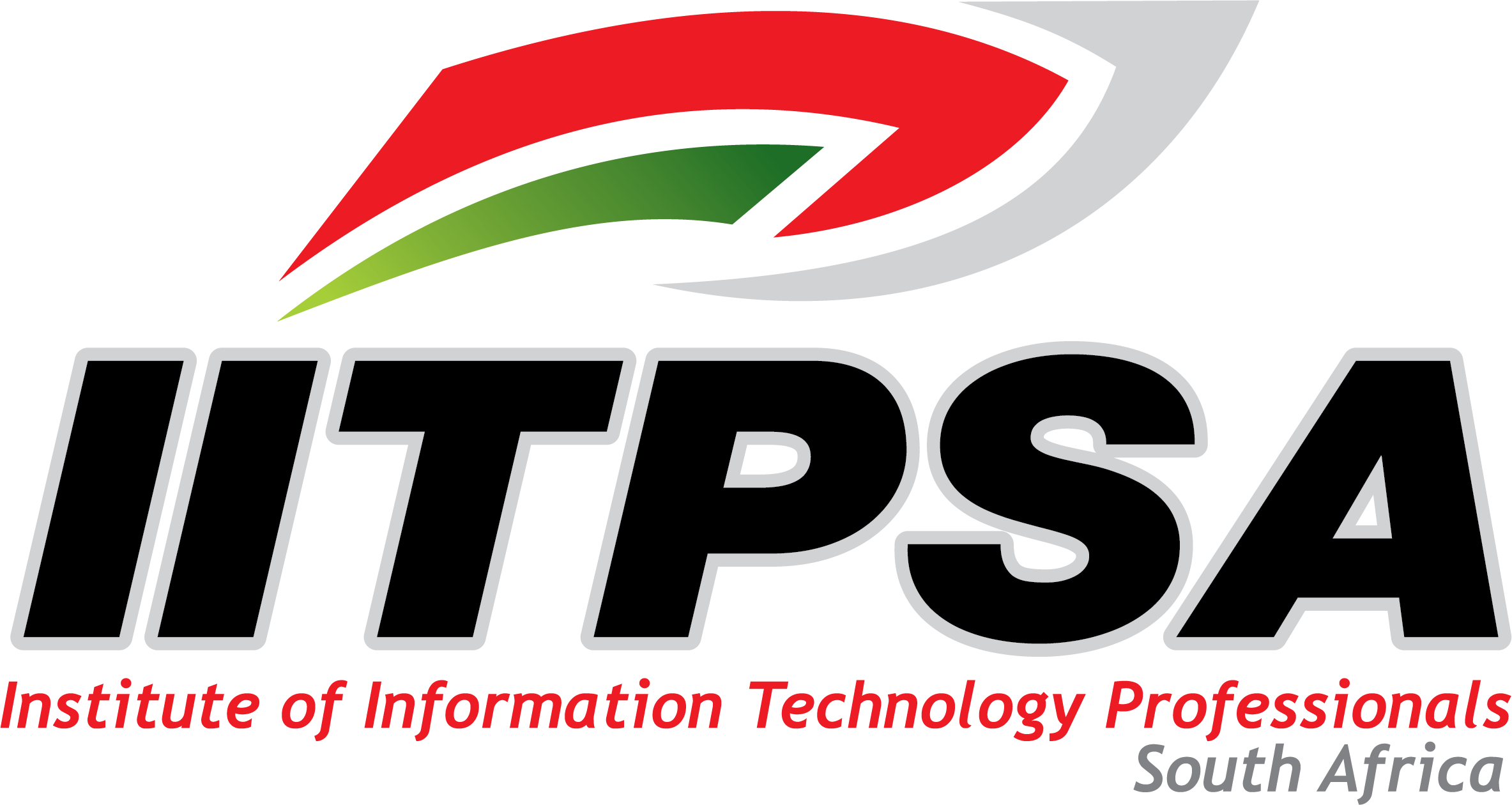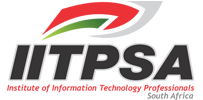–
If you were living in ancient biblical times, you would have measured the outside of your property according to cubits. Check a Bible Dictionary, and you will find that a cubit could be anything from around 46 to 52 cm. (Do keep this in mind when reading old documents!)
–
How come? This is because this standard measure was based on the length of the forearm (the word “cubit” comes from the Latin which is translated as “elbow.”) Since the length of the forearm can vary from person to person, they would apparently use the king’s forearm as the basis.
–
Imagine if we still used that as the basis for distance measurements. Traveling 10,000 cubits in Sumeria might be very different from doing the same in China. Imagine the potential confusion if you are describing the extent of a property!
–
Standardisation is not only critical to the maintenance of life in a technologically complex world, it is also one of the first shining examples of global cooperation (wish that the politicians could learn this vital lesson from the engineers!) Buy a ruler in the proverbial Outer Mongolia, and you can be assured that its measurements are exactly the same as the one you purchased in your local stationery store.
–
Without standards, it would be impossible to trade. In fact, it would not be a stretch to claim that if humans had not developed an awareness of standards, we would still be living in what is called the stone age. Even our Constitution is a standard.
–
I wonder if you are aware of the important role that South Africa has played in the development of international standards? Aside from IITPSA being either the second or third oldest association for information technology specialists in the world(!), we also have a proud heritage of being instrumental in the development of ISO 9001 and the NQF, not to mention numerous other standards.
–
We have not just played a vital role in the development of various information technology and systems standards through SABS TC001, but also have been significant contributors to the various project management standards. In fact we are founders of ISO 258, and have been significant contributors to the PMI® PMBOK® and related standards.
–
Is this proud heritage to be lost?
–
It may be a consequence of the current stressful times, but we have been struggling to get volunteers to participate in the different committees administered by the SABS.
–
Here is an opportunity to make a tiny yet significant contribution to the betterment of life for everyone in this, our only world.
–
Take some time to look through the list of committees that relate directly to our profession.
If you consider yourself to be specialist in the profession, don’t you think that it is time that you should be giving something back?
–
“ISO 9001 is a certified quality management system (QMS) for organisations who want to prove their ability to consistently provide products and services that meet the needs of their customers and other relevant stakeholders. ” www.lrqa.co.uk/standards-and-schemes/iso-9001/ There is evidence to suggest that ISO 9001 was conceived right here in South Africa (http://www.bpir.com/images/PDFs/eqe%20issue%20170%20-%20aug%202013.pdf )
–
“The NQF is a comprehensive system, … for the classification, registration and publication of articulated and quality-assured national qualifications and part-qualifications.” (http://www.saqa.org.za/list.php?e=NQF ) South Africa has the distinction of being one of the originators of this framework which has been adopted in various forms around the world. Here is an interesting fact: there is evidence to suggest that it had its birth in the black labour movements in the 1970’s in South Africa! (http://www.saqa.org.za/show.php?id=5659 )
–
If you would like more information, or would like to volunteer, contact Elmar (roberg@iafrica.com) or email Tony Parry at ceo@iitpsa.org.za
–
Elmar Roberg, a former President of IITPSA and Project Management South Africa, has been a member of SABS TC 001 for around 30 years and was a founder member of SABS TC 258.
–
SABS Technical Sub-Committees and Working Groups:
–
TC 001 SC 3 Accessibility to ICT for persons with disabilities & elderly
TC 001 SC 7 ICT Systems and Software Engineering (154 stds)
TC 001 SC 17 Card and Personal Identification (24 Computer graphics, image processing and environmental data representation)
TC 001 SC 27 Information Security
TC 001 SC 31 Automatic Identification and Data Capture Techniques
TC 001 SC 34 Document description and Processing Language
TC 001 SC 36 Information technology for learning, education and training
TC 001 SC 37 Biometrics
TC 001 SC 38 Cloud Computing (39 Sustainability for and by information technology)
TC 001 SC 40 IT Service Management and IT Governance
TC 258 Project, programme and portfolio management
WG 01 Portfolio Management
WG 02 project, portfolio and programme Governance
WG 03 Vocabulary
WG 04 Programme Management
WG 05 Project Management

